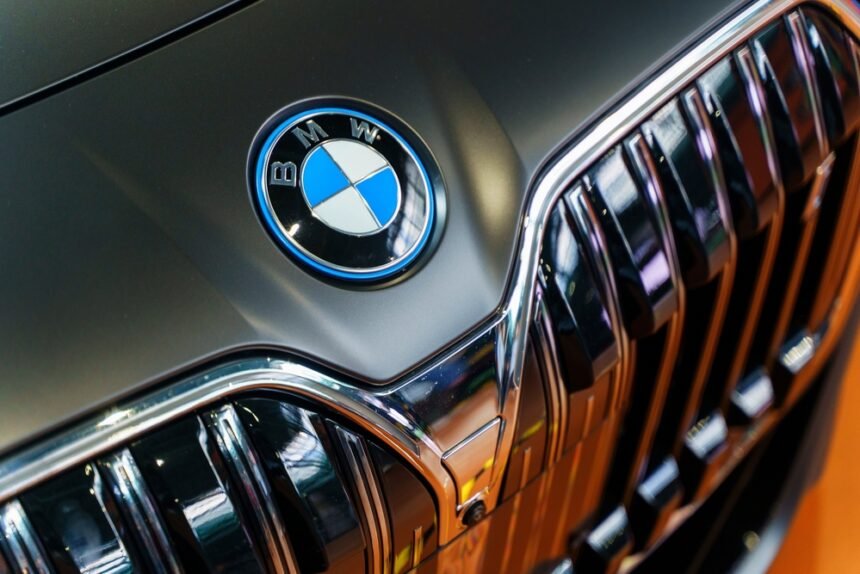BMW, a leading automotive company, has reported a significant decline in profit in the second quarter, with a 32% drop compared to last year. Despite this decrease, the company has maintained its guidance for the year, citing sustained demand for its products.
The decrease in revenues can be attributed to currency translation headwinds and subdued demand in China. In the second quarter, BMW Group’s net profit plummeted by 31.9% to €1.84bn, with earnings per share also seeing a 29.6% decrease from last year.
Pre-tax earnings (EBT) fell by 32.3% year-over-year to €2.614bn, and EBIT declined by 31.4% to €2.66bn. The EBT margin was 7.7%, down from last year’s 10.5%. Revenues for the quarter dropped by 8.2% to €33.9bn, while vehicle deliveries remained flat at 621,477 units.
BMW cited several factors influencing margin development, including the situation in China where a price war led to low pricing levels, as well as strong competition in the market. Additionally, rising tariffs resulted in additional expenses, particularly in the US, impacting the second quarter.
The company’s Automotive segment’s EBIT margin for the six-month period fell within the forecasted range of 5% to 7% for the year. However, the second quarter was affected by higher customs expenses due to additional tariffs in the US and EU anti-subsidy tariffs on battery-powered electric vehicles imported from China, reducing the EBIT margin by approximately 2 percentage points.
In conclusion, despite facing challenges in the second quarter, BMW remains optimistic about the year ahead due to sustained demand for its products. The company’s resilience and ability to navigate market pressures demonstrate its strong position in the automotive industry.







